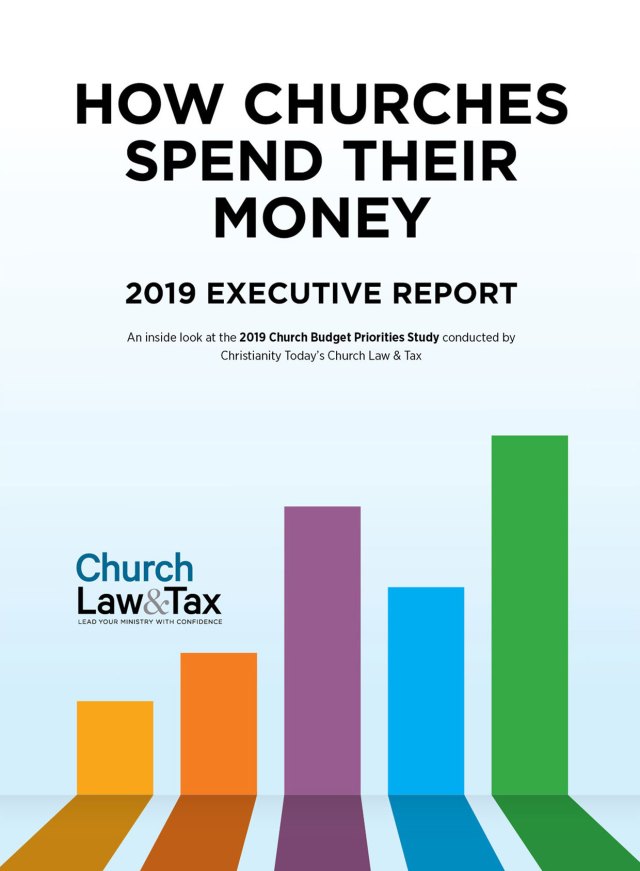I had someone tell me that the personnel percentage of our overall budget is too high and could be considered unreasonable compensation. Is excessive or unreasonable compensation something to monitor on a per-employee basis or an overall budget basis?
The IRS permits tax-exempt organizations to pay executives “fair and reasonable” compensation. However, there is no universal standard defining fair and reasonable. What’s fair and reasonable at one nonprofit may be a gross under- or overpayment at another.
- Compensation paid by similar organizations, both exempt and taxable, for equivalent positions in the same community or geographic area
- The need for the particular services of the person in question
- The uniqueness of the person’s background, education, training, experience, and responsibilities
- Whether the compensation was approved by an independent board of directors
- The size and complexity of the income and assets and the number of employees
- The person’s prior compensation arrangements
- The person’s job performance
- The relationship of the person’s compensation to the compensation paid to the other employees.
- The number of hours the person spends performing his or her job
-
- “Setting Reasonable Compensation” by Elaine L. Sommerville
- The “Reasonable Compensation” chapter in Church Compensation: From Strategic Plan to Compliance by Elaine L. Sommerville
- “Tax Law and Compensation Planning” by Richard R. Hammar
- “The Tax Code’s ‘No Inurement’ Limitation” by Richard R. Hammar
- The “Income” and “Church Reporting Requirement” chapters in the Church & Clergy Tax Guide by Richard R. Hammar
- ChurchSalary (free and premium content)
- “Compensation-Setting: Aligning Church Priorities with Market Realities” by Bob Cartwright





